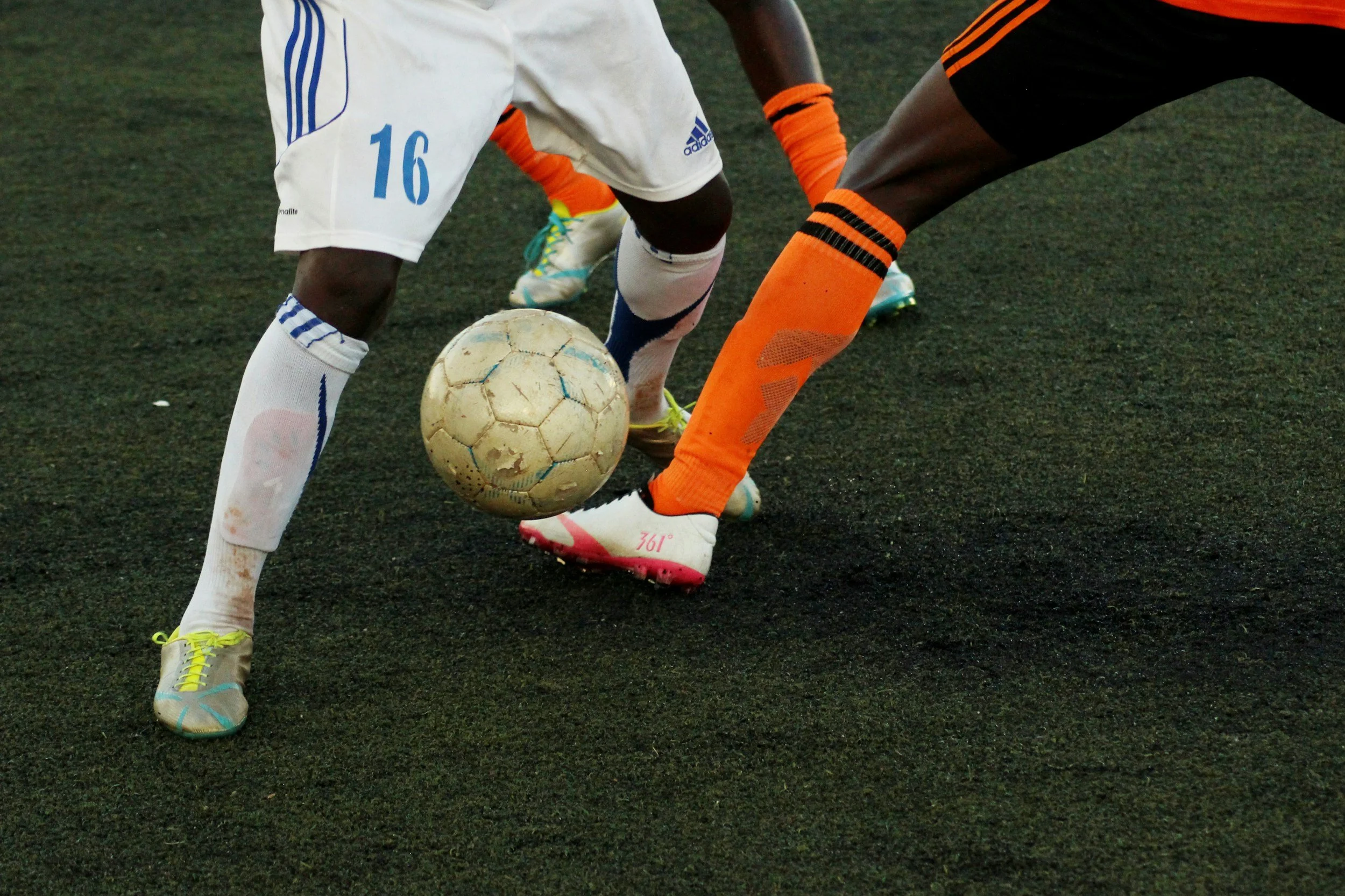Anterior Cruciate Ligament (ACL) injuries are among the most significant knee injuries, affecting athletes and active individuals alike. This guide explores how ACL injuries occur, their treatment options, and the critical role of physiotherapy in recovery and prevention.
The ACL is a vital ligament in the knee that stabilises joint movement. Injuries to the ACL, such as sprains, partial tears, or complete ruptures, can cause pain, instability, and swelling, severely impacting daily life and athletic pursuits.
Understanding ACL Injuries
Most ACL injuries occur during sudden, non-contact movements like pivoting, landing awkwardly, or abrupt stops. While anyone can experience an ACL injury, women face a higher risk due to biomechanical and hormonal factors.
High-Risk Activities
Sports that involve frequent cutting, jumping, and rapid direction changes pose the greatest risk for ACL injuries. These include:
Team Sports: Football, basketball, rugby, and netball.
Winter Sports: Skiing and snowboarding.
Recreational Activities: Hiking or trail running on uneven terrain.
Common Causes of ACL Injuries
A loud "pop" sound at the time of injury.
Immediate pain and swelling in the knee.
Difficulty walking or feeling like the knee may give way.
Reduced range of motion.
Early diagnosis and intervention are crucial to managing an ACL injury effectively.
Symptoms of an ACL Injury
To diagnose an ACL injury, physiotherapists and doctors use a combination of physical tests and imaging studies:
Physical Assessments: Lachman test, anterior drawer test, or pivot shift test to assess ligament stability.
Imaging: MRI scans are often required to confirm the injury and assess other structures, such as the meniscus and bone bruises
Diagnosing an ACL Injury
Treatment Options for an ACL Injury
Treatment for ACL injuries depends on factors such as age, activity level, and the severity of the injury.
Non-Surgical Management
For less active individuals or those with minor instability, physiotherapy-focused rehabilitation can restore strength and function. This approach includes:
Strength training for muscles around the knee.
Proprioception and balance exercises to improve joint stability.
Activity modifications to avoid aggravation.
Evidence-Based Rehabilitation
Exercise-based programs remain the cornerstone of ACL recovery, focusing on strength, stability, and functional movement:
Strengthening Exercises: Target quadriceps, hamstrings, calves, and glutes.
Agility Drills: Enhance sport-specific movement patterns.
Balance Training: Improve joint control and reduce re-injury risk.
Surgical Intervention
Surgery may be necessary for active individuals or those experiencing significant instability. ACL reconstruction involves replacing the torn ligament with a graft, often from the hamstring or patellar tendon. Post-surgery rehabilitation is critical to regain full function and prevent future injuries.
Prevention is better than cure. Physiotherapy-led programs can reduce ACL injury risk, particularly in sports:
Neuromuscular Training: Exercises to enhance coordination and strength.
Technique Refinement: Proper landing and cutting techniques.
Prevention Programs: Initiatives like FIFA 11+ focus on reducing injury rates in sports.
Preventing ACL Injuries
Physiotherapists are essential in both pre- and post-surgical rehabilitation, tailoring treatment plans to each individual’s needs. This includes addressing physical strength, mobility, and the psychological readiness to return to sports or daily activities.
Children with ACL injuries may require unique treatment approaches to avoid complications with growth plates. A consultation with a knee specialist is critical for these cases.
Physiotherapy’s Role in Recovery
Returning to sports requires more than physical readiness. A comprehensive rehabilitation program ensures:
Full strength and stability of the injured knee.
Confidence in movement without fear of re-injury.
Sport-specific training to match pre-injury performance levels.
Returning to Sports Safely
An ACL injury can be life-changing, but with the right care and guidance, full recovery is possible. At Melbourne Physio Clinic, our team specialises in ACL rehabilitation, offering evidence-based treatments tailored to your needs.
Book an appointment today to begin your recovery journey and regain confidence in your knee health.

